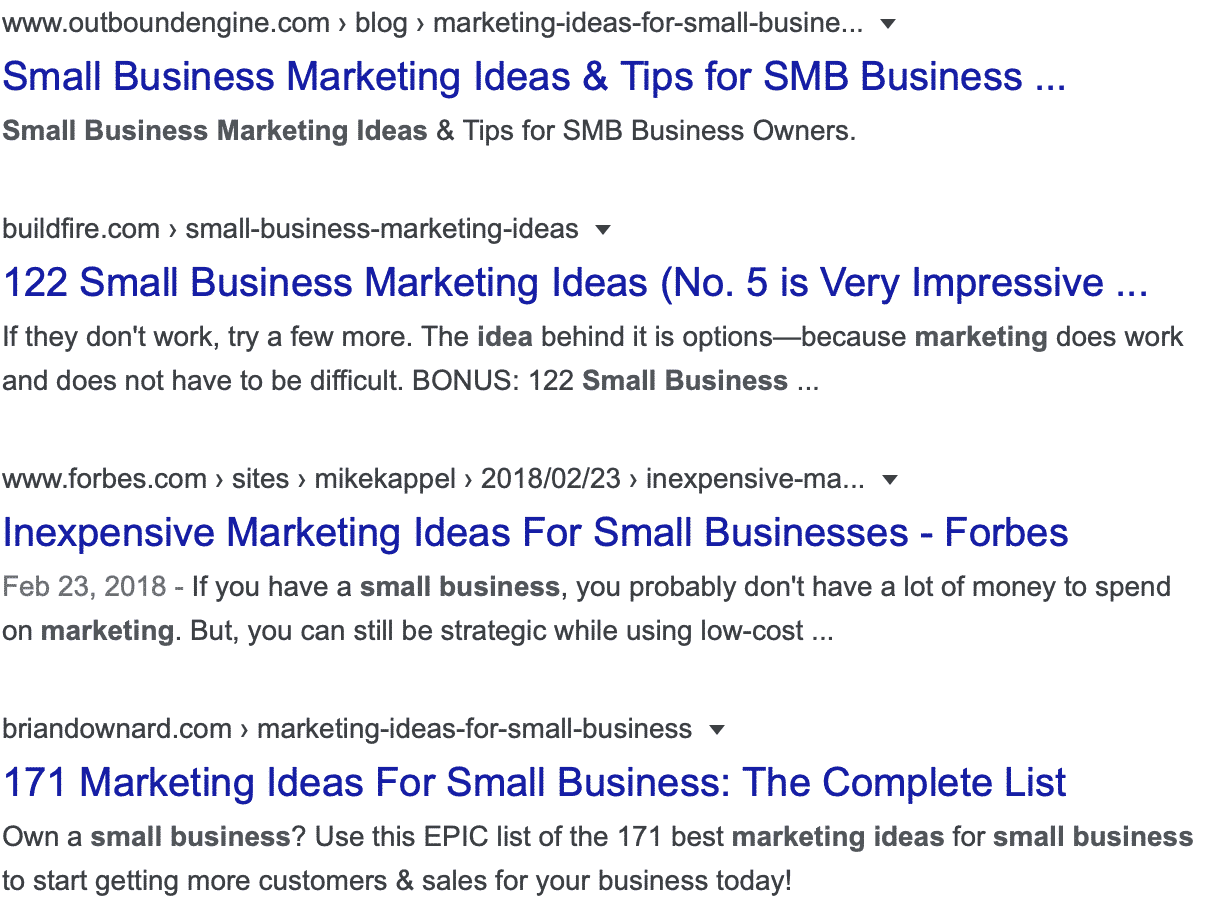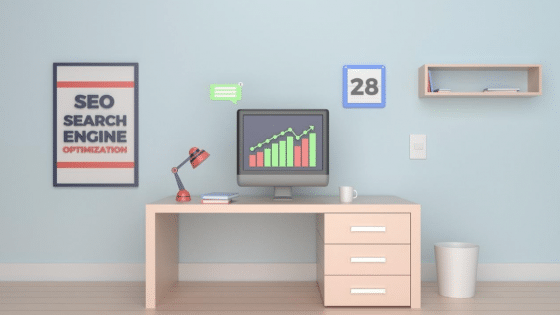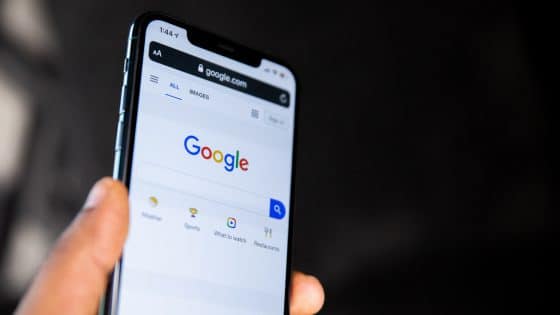What is On-page Search Engine Optimisation (SEO)? On page, SEO is the practice of optimising web pages for search engines to find and register them for the keywords that the page is trying to rank for. When done well, it tells the search engine what the page should rank for, what readers should expect before clicking it and gives users a good experience on the website.
Now the question: why is On-page SEO important? On-page SEO tells Google and other search engines who you are, what your website is about and the key phrases you should appear on the first page for. Without on-page SEO, your website would be buried deep down within millions of other sites or worse, not be indexed by Google at all, and be completely non-existent. Neither Google nor any other search engines will be able to crawl your website effectively and therefore won’t be able to send you any traffic and that would mean no sales.
As intelligent as the Google crawlers are, they are still what they are, bots. The algorithm is such that every time a search query is made, the bots crawl through the billions of web pages in their database and identify pages that have content that is relevant to the search query. These bots have to be told explicitly the keywords you are trying to rank for and be fed as much information as possible if you want to come up on top. With that being said, we must not focus too much on optimising web pages for the bots and end up having content that doesn’t make sense or look stupid.
While the content has to be optimised for the bots, it has to be readable and be full of value for the user. So, what are the important aspects of On-page SEO?
Meta Tags. Google looks at the meta tags of a page to determine its relevance to the search query. These tags tell Google what to display in their search results.Use this Meta Tag Counter to come up with your meta tags, it will help you keep within the recommended number of characters to ensure that your title and description fit within the space limitation of the search results.
When writing your meta tags, use your keywords as close to the start as possible in its exact form as naturally as possible in both your title and description. It has to be well written and should capture your readers’ attention immediately. Your title and description are what will make users click on your website.
Example: Website: https://thegenia.com
Keyphrase: Corporate SEO Services & SEO Company in Singapore

Structured URLs. Use your keywords or key phrases in your URL. An optimised URL indicates very clearly to search engines and users what a particular page is about. Look at the URLs of the top results for the key phrase ‘Small business marketing ideas’, they either have the key phrase in it word for word, or in slight variations.
Exmple: Webpage URL: https://thegenia.com/web-design-services-singapore
Keyphrase: Web Design Services Singapore

Content Relevancy. Whenever Google decides which page should rank on their first page, they try to give their users the most relevant content available. Some people try to game the system by writing meta tags that contain the search term when the content in the page isn’t relevant. While you may find success early on, the bounce rate on your page will be high as people will not get what they are searching for and you will eventually fall in the rankings. Not only will you experience a fall in rankings, you will not get the leads and sales that your business needs.
Image ALT Texts. Adding your keyword or key phrase into the alt tags on images tells Google that your pictures are relevant to the search query. An Alt Text is the HTML code that describes the picture. While we are able to tell what a picture is about by just looking at it, search engines rely on the Alt text.
Internal and External Links. Internal links are links on a page that points to other pages within your own website. This helps keep viewers on your pages for longer periods and provides them with more useful, relevant information. This is extremely beneficial as Google tracks how long users spend on your website. External links help Google to classify what your page is about based on the topic of the pages that you link to. It also sends a signal to Google that your website is focusing on providing quality content to your reader. Links help your website to build trust with search engines and make navigation easy for your viewers.
Page Speed. Page speed is a measurement of how fast the content on your page is able to fully load. Not only do Google and all other search engines penalise pages and sites that load slowly, users do too. They stop visiting, start bouncing and don’t buy or leave their contact. With a slow speed, you will lose out massively on sales and traffic.
Thankfully, page speed isn’t too difficult to solve. First, go to GTmetrix and analyse your speed. It will also tell you what needs improvement. On your own, you will be able to solve some issues by downloading plugins that will, on its own, speed up your website. Two plugins that are very helpful are ShortPixel and W3 Total Cache. Short Pixel will optimise the images on your site and W3 will help cache every aspect of your website. For the more technical issues, it might be a good idea to engage a web developer.
A good website isn’t one that is just aesthetically pleasing, but one that is able to rank well on search engines, attract traffic and convert the traffic into leads and sales. When engaging a web design company, choose one that is well versed in SEO. You don’t want a pretty website that doesn’t rank on Google. If you are designing your own website, ensure that these steps are followed to give yourself a fair shot at ranking on Google.
Caleb is the CEO of GENIA, an SEO company in Singapore. Together with his team, he helps businesses identify what their ideal customers are searching for and helps them appear on the first page of Google. Follow him on LinkedIn and website for more content on SEO and business insights.



















